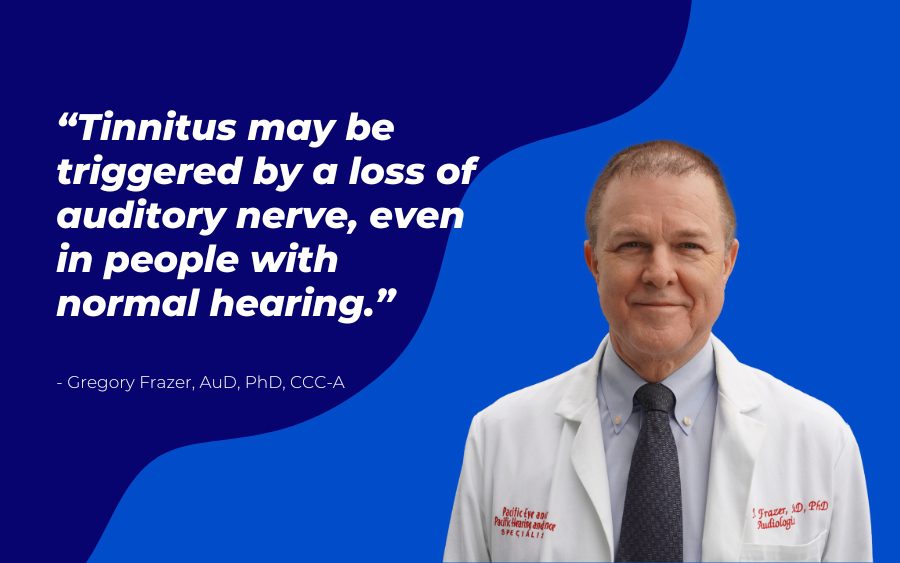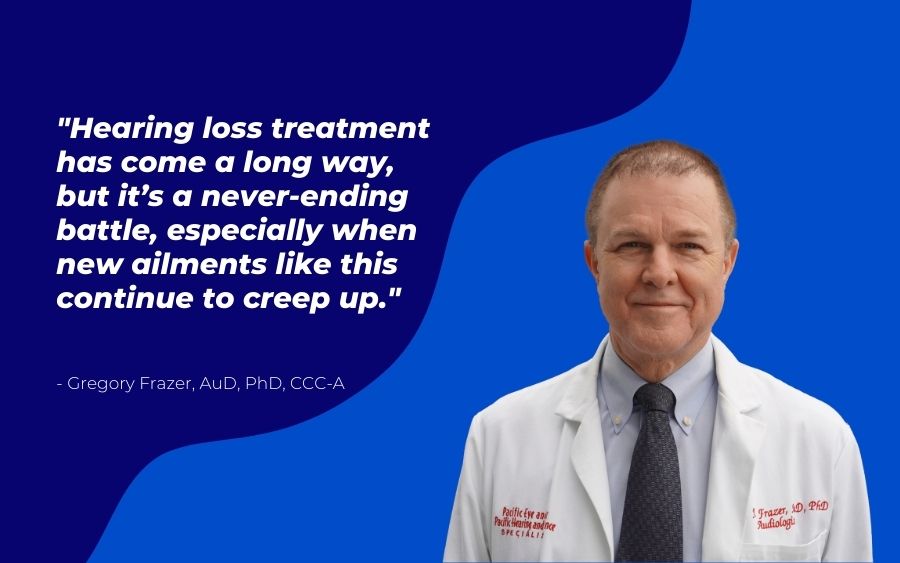As we grow older, we not only gain wisdom and life experiences, but we also encounter natural changes in our senses.
There are logical and practical strategies to safeguard your sensory health; by understanding these daunting changes and taking proactive steps, you can maintain your quality of life.
Vision Declines Are Common but Manageable
Aging often brings about changes in vision; after reaching the age of 60, conditions such as cataracts, glaucoma, and age-related macular degeneration become more frequent.
Each of these conditions affects your vision differently:
Cataracts
Cataracts cause your lens to become cloudy, leading to blurry vision, difficulty with glare, and dulling of colors. Fortunately, cataract surgery is a common procedure, known for its high effectiveness and safety, offering restored vision to millions worldwide.
Glaucoma
Glaucoma results from increased pressure in the eye, potentially leading to serious vision loss if untreated. Regular eye exams are essential for early detection since glaucoma often presents without symptoms initially.
Age-Related Macular Degeneration (AMD)
Age-Related Macular Degeneration (AMD) affects the central part of your retina, impairing your ability to see minute details. While there is currently no cure for AMD, treatments and lifestyle changes can slow its progression.
Protecting Your Vision: To keep your eyes healthy, regular eye examinations every one to two years are crucial. Wear sunglasses to shield your eyes from harmful UV rays, take frequent breaks if you spend considerable time using screens to reduce eye strain, and stay hydrated to alleviate dry eyes.
Hearing Loss Develops Gradually
Hearing loss is another common sensory change as we age, affecting about one-third of adults between 65 and 74. The progression can be subtle at first, making it crucial to stay vigilant.
Numerous factors contribute to hearing loss, including prolonged exposure to noise, certain medications, and genetic predisposition. Beyond simple sound reduction, hearing loss can severely impact social interactions and mental health, fostering feelings of isolation.
Navigating Tinnitus and Phantom Sounds
Tinnitus is characterized by persistent phantom sounds like ringing, buzzing, or hissing in the ears. It’s estimated that about 25% of adults over 65 experience tinnitus, commonly linked to hearing loss or specific medications.
Treatments for tinnitus include sound therapy, cognitive behavioral therapy, and stress management.
The Overlooked Declines in Taste, Smell, and Touch
Sensory changes in taste, smell, and touch might be less discussed but are equally significant. These senses are integral to enjoying life’s pleasures and maintaining safety.
Changes in taste and smell can diminish your appetite, while a reduced sense of touch can lead to an increased risk of injury.
Strategies to help address and mitigate these changes include enhanced nutrition, moisturizing, sun protection, and “tactile training.”
What You Can Do Today
Aging naturally involves sensory changes, but with awareness and proactive steps, you can thrive.
Don’t dismiss sensory changes; they’re your body’s way of signaling alterations in your health. Addressing them early both preserves sensory function and enhances your life enjoyment.
You can rest assured that our team is here to assist you, offering guidance and the newest advancements in healthcare to uphold your quality of life and sensory vitality.
Contact us today to get started. Understanding these shifts and responding swiftly ensures that you continue to cherish the beauty and richness of everyday experiences.





